Learn how Climate Solutions is working with businesses on climate change!
Since our founding 25 years ago, Climate Solutions has believed strongly in the importance of the business community to drive solutions to the clim

“Transition is inevitable. Justice is not.”- Quinton Sankofa, Movement Generation
Climate disruption isn’t an “environmental” issue in the usual sense. It’s a basic matter of social and economic justice.
The impacts of climate change generally hit first and worst on those who do the least to cause it and are the most vulnerable to the consequences. And the primary cause of climate change–fossil fuel extraction, transportation and combustion–takes a heavy toll on the health and well-being of communities of color, indigenous people, and low-income communities.
So addressing the climate challenge means more than emission reduction, more than simply mitigating environmental impacts of our economic and energy systems. It means rebuilding those systems to deliver sustainable prosperity–economic health that works for a long time and a lot more people.
A clean energy economy can offer that promise. It can produce economic vitality in the present without destroying the future. It can produce shared prosperity, by reducing the concentrated economic power of fossil fuel suppliers, investing in communities, and increasing reliance on abundant local resources.
But this transition won’t be easy or quick. It’s a huge social and economic shift, and that always poses challenges, particularly for those who live closest to the economic margins and those who rely on fossil fuel industries for work. The clean energy transition is about shrinking carbon footprints, but it won’t work unless it’s also about growing:
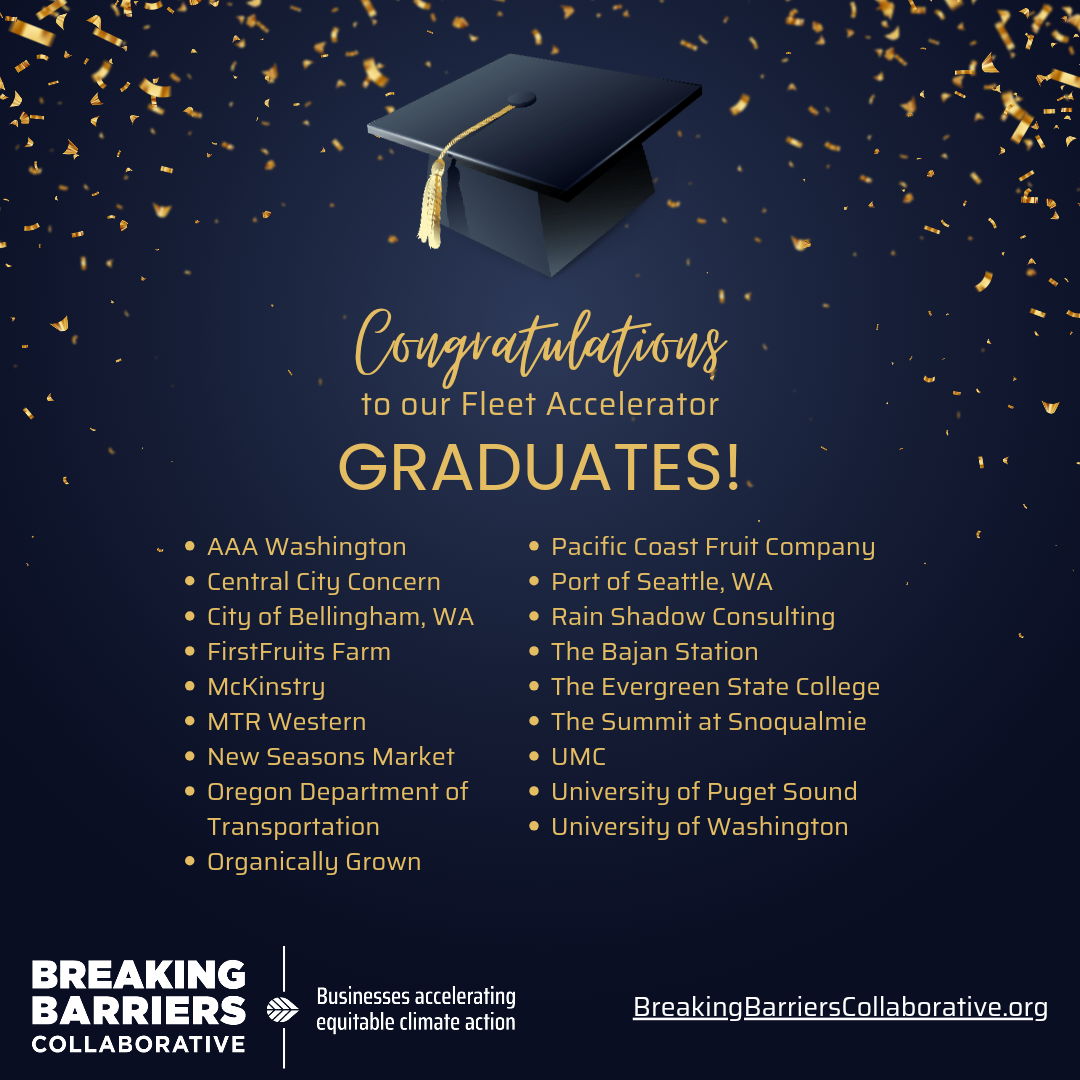
By: Gregg Small on
Since our founding 25 years ago, Climate Solutions has believed strongly in the importance of the business community to drive solutions to the climate crisis.
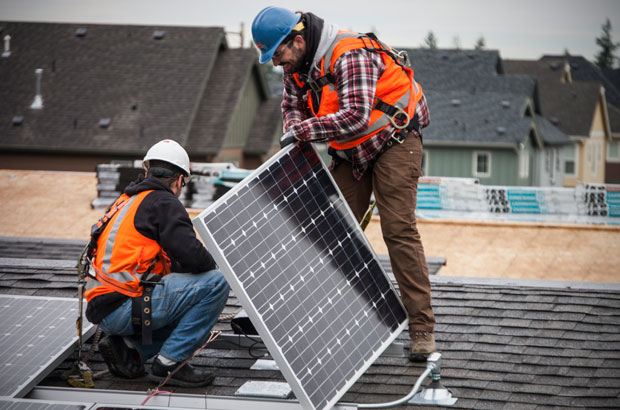
By: Jonathan Lee on
Homes, offices, and other buildings are a major source of climate and air pollution. Thankfully, the best solutions will save you money on energy costs without sacrificing comfort. Learn more by watching our new video series!
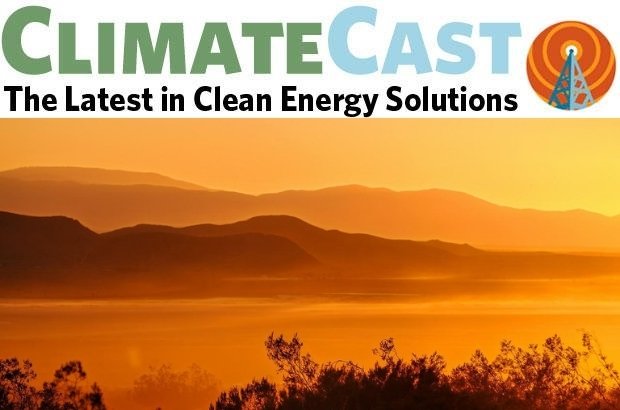
By: Stephanie Noren on
ClimateCast is our curated, biweekly collection of news and commentary on climate issues. In this issue: DC Dispatch; renewables boom; CA leads but still too hot
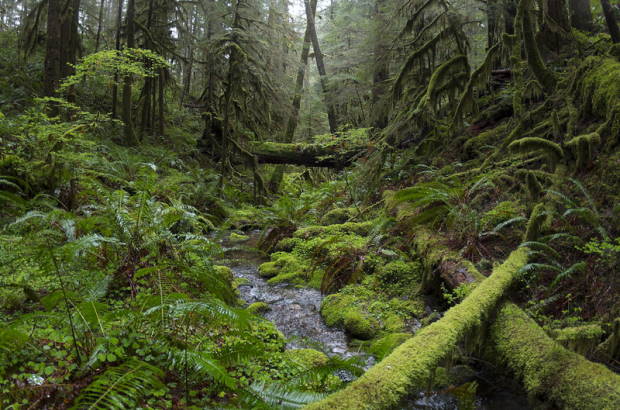
By: Jonathan Lee on
If you’re like me, you’ve seen a LOT of studies released about the increasingly dire state of our climate, what’s to come if we do not cut pollution, and how much pollution we need to cut by when.
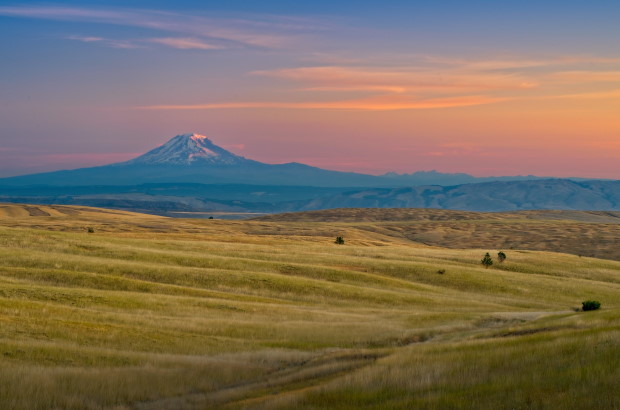
By: Meredith Connolly on
Today is a significant milestone for Oregon’s climate progress, but it requires a little time traveling to the cusp of the pre-COVID times to fully appreciate how far we’ve come.
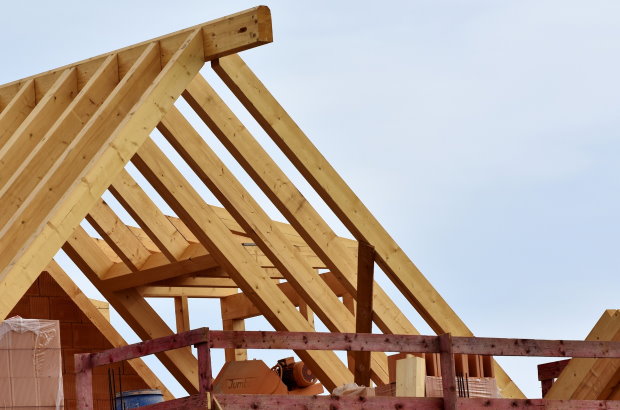
By: Meredith Connolly on
This session, the legislature provided historic levels of investments in clean energy solutions and electric vehicles, as well as significant progress for environmental and social justice in our state.
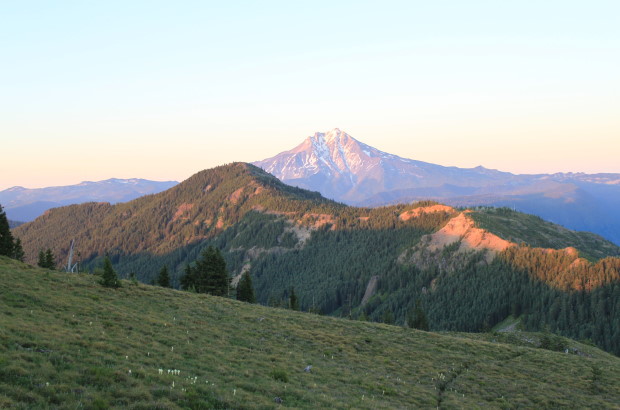
By: Meredith Connolly on
Oregon's legislators heard your calls to address climate pollution from buildings—but it’s taking a new form. Also, don't miss updates on our statewide other climate priorities.
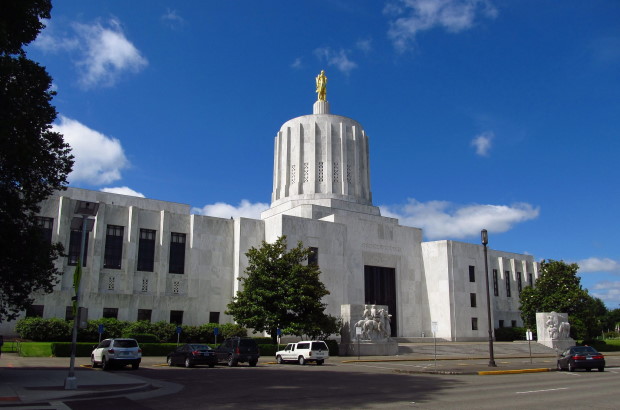
By: Meredith Connolly on
No corner of our state was left untouched by climate-fueled storms and harms last year.
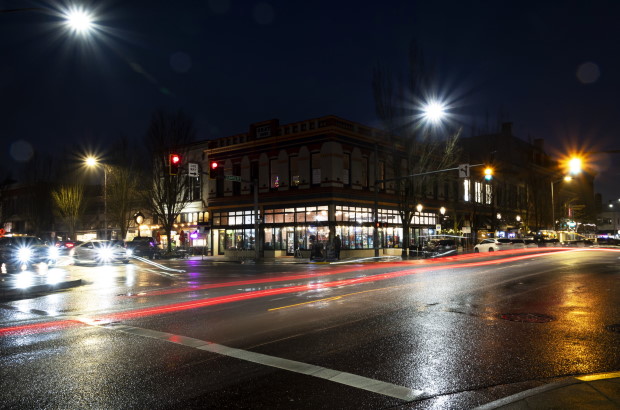
By: Meredith Connolly on
Numerous Oregon cities from Bend to Beaverton want to require stronger energy efficiency building standards, but Oregon’s existing state policies are holding them back.
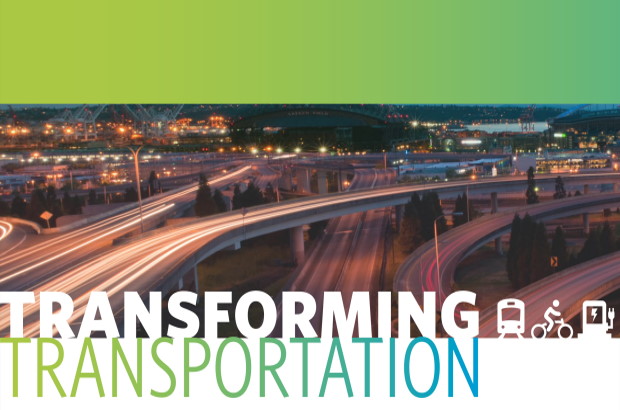
By: Leah Missik on
Transportation is the largest source of our climate pollution in the Pacific Northwest. With new research, Climate Solutions has evaluated options to meet our climate goals in Washington and Oregon, cutting carbon from our transportation system.
Join our email list to learn about what we do and how to get involved.
Since our founding 25 years ago, Climate Solutions has believed strongly in the importance of the business community to drive solutions to the clim
Today is a significant milestone for Oregon’s climate progress, but it requires a little time traveling to the cusp of the pre-COVID times to fully
No corner of our state was left untouched by climate-fueled storms and harms last year.